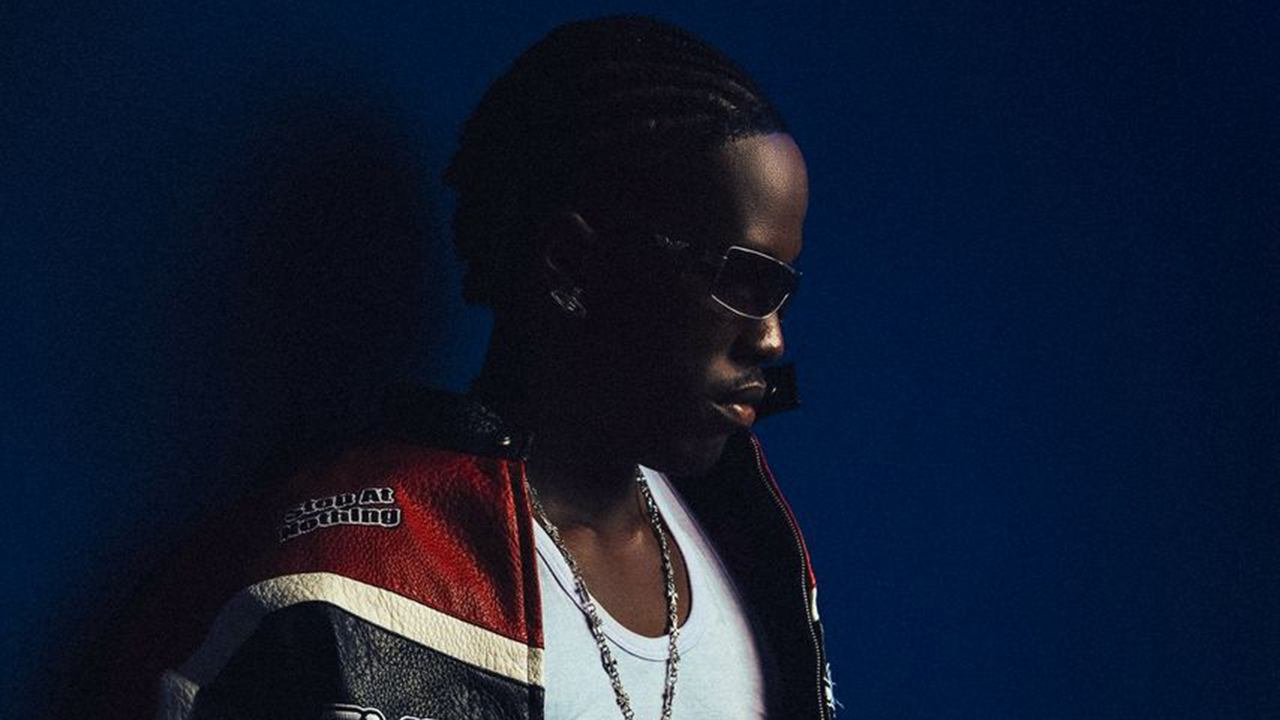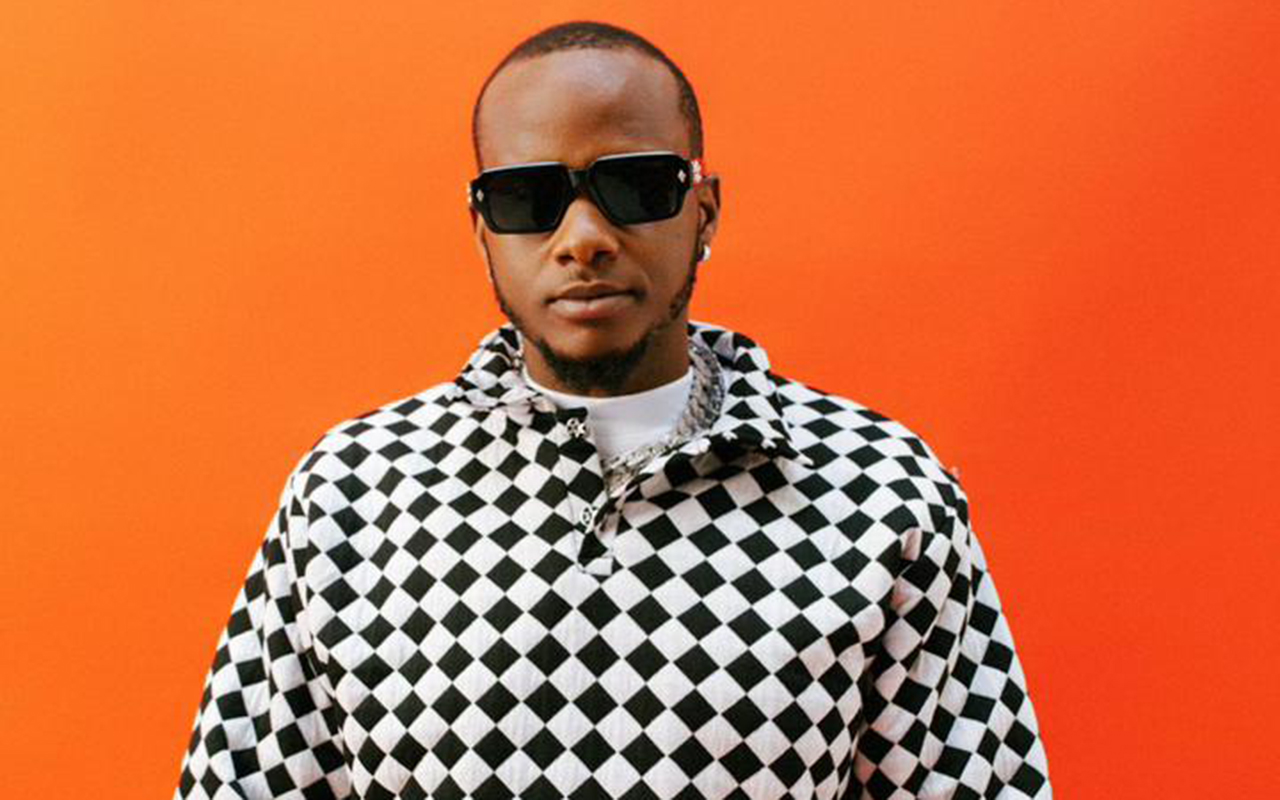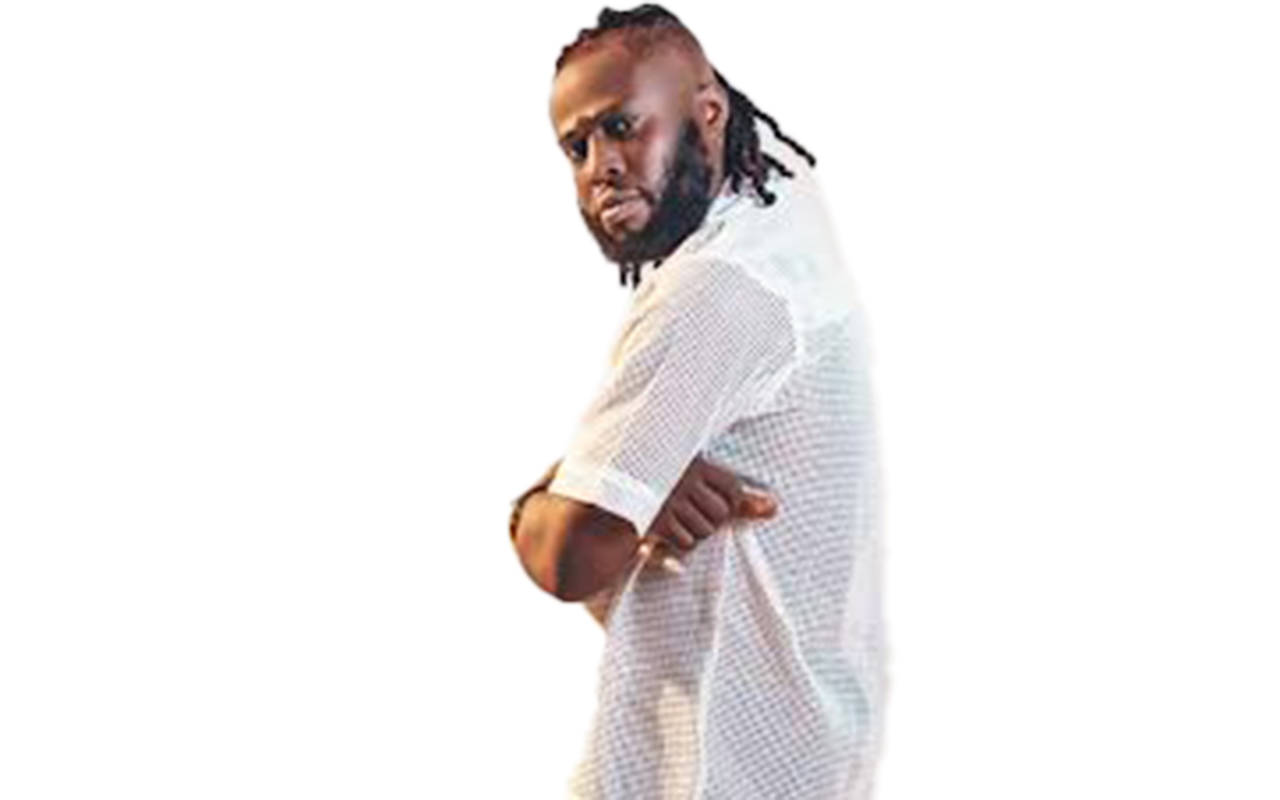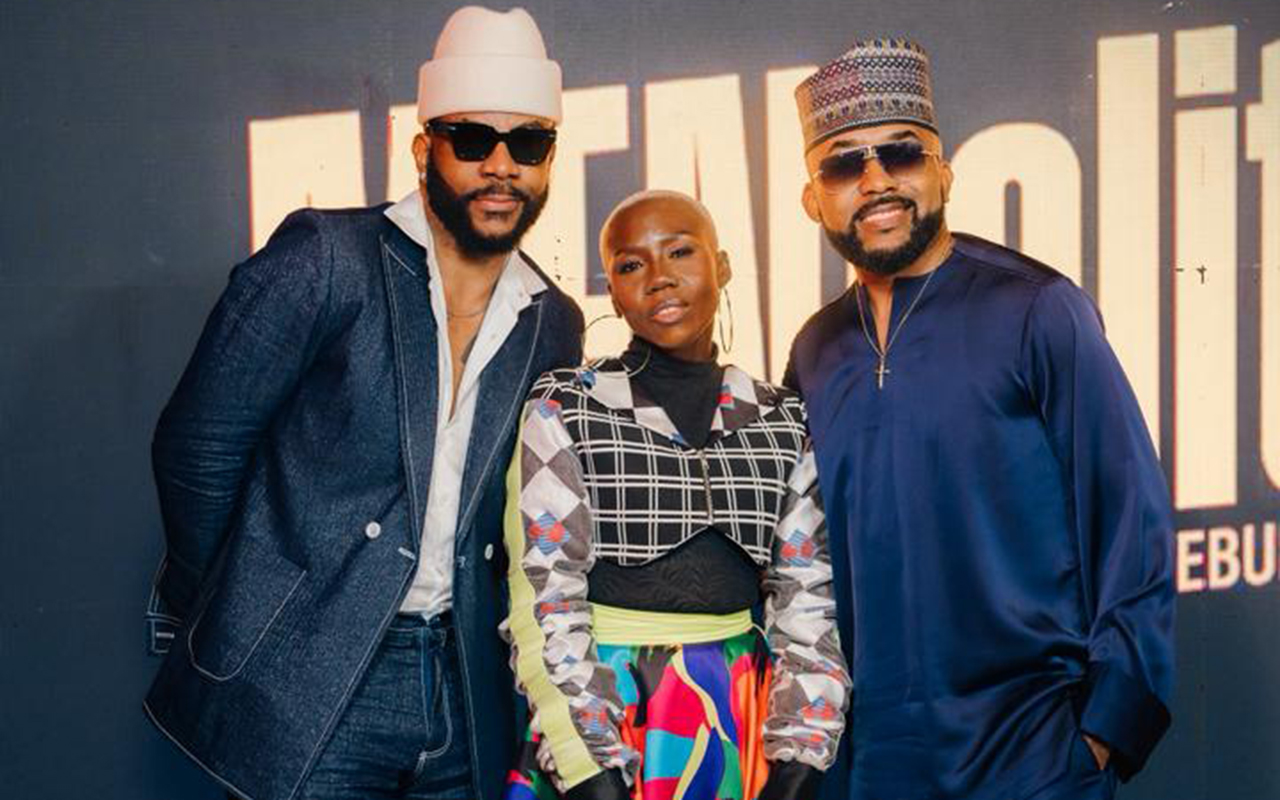Anyone familiar with the tempo of Afrobeats lately would agree that it’s been in its most emotive and hypermelodic era.
From ‘Afro Adura’ to ‘Afro Depression’, different monikers have emerged to describe the raw, cathartic and gripping melodies from the Nigerian music scene. Each month a few releases surface from this scene, some scoring notable ranks across top music charts, while others just remain heartfelt household delights for its audience. And the general rule of thumb for this style: keep it evergreen.
Enter Riick. A rising RnB-Pop fusionist, with a growing discography. Since he took off officially, this year, his debut single, “Sanity”, has rubber-stamped him as a charismatic breath of fresh air within the Afrobeats scene. The song, tributing his resolve through the dark days that trailed his mother’s demise, in 2020, is marked with soothing piano progressions, charged deliveries, and a soulful feel that keeps it spinning as one of emo-Afrobeats best kept secrets this year.
Unpacking the mystery behind his iconic artistry, Riick catches up with Guardian Music, in this special tell-all, detailing his rise, his creative influences, vision and mission as one of the Afrobeats most pristine musical therapists.
Tell us who Riick is.
Yeah, Riick, yeah. So basically, I’m a fast-rising, versatile artist from Nigeria who uses his sound to tell stories — through pain and other relatable experiences. Not just pain though; it could be love, heartbreak, or anything people can connect with. I’m just a storyteller, basically.
When did you discover this love for music?
I’ve always had a passion for music. Ever since I was little, I used to listen to Michael Jackson, Usher, Chris Brown… At that time, I wasn’t really into Afrobeats yet; I was always listening to international music. But my love for music started very early. It’s not a recent thing — it’s been there forever.
So what year would you say that was?
I can’t really say the exact year because it’s something that’s always been part of me. I was in the choir, so music has always been there. But if I were to give a specific period, I’d say since I was about eight or nine years old.
What was that moment that made you decide to take music professionally?
I lost my mom in 2020. Before then, I never really wanted to be an artist; I wanted to become a professional footballer. But I also loved music, so I tried to balance both. It almost felt like a gift and a curse — I could sing, play football, dance — but I was confused about what to focus on.
When my mom passed, that pain pushed me into music fully. That was when I wrote Sanity. If you listen to the second verse, when I said “If only you know, wey see my eyes don see,” I was talking about my mom and that loss. I used that pain to fuel my passion for music even more — to tell my story and let people hear my side of life.
You stepped out with a new record, Sanity. Is this your first official single?
Yeah, this is my first official single.
What kind of songs were you putting out before now?
Just covers, basically. Nothing official.
Your style of music feels very solemn, soulful, uplifting, and motivational. What influenced this sound?
Pain — from past experiences, and from times when I wanted to express myself but had no one to talk to. I mean, I had my sister, but she already knew how I felt. There was no one else to tell my story to. So I used music as that outlet — kind of like preaching, you know? Through music, I could tell people, “This is what I’ve been through. This is my pain.”
What do you hope your music will do for your listeners?
I want people to relate. Not just to see that I went through something, but to also see that I’m still holding on. I want my music to remind people not to give up, no matter what. That’s the whole point of storytelling — if you can relate, then it connects. I just want people to feel my pain, relate to it, and see it as a source of upliftment. Like, there’s no point in giving up when you’ve already started the journey.
Speaking of journey, who are some of the voices that shaped yours?
A whole lot. Chris Brown, Jon Bellion, Victony, Wizkid, Rema, Michael Jackson… those are the main ones that stand out for me.
Do you have any larger body of work coming soon?
Yeah, I’m working on my first EP already. The EP is still centered on storytelling — pain, heartbreak, self-realization, and finding myself. It’s basically my story, but I also want others to relate to it.
In terms of sound, what should we expect?
It’s mostly Afrofusion and a bit of Afro R&B.
Who are the people on your radar for collaborations in the future?
Chris Brown is definitely a golden ticket for me. Locally, I’d love to work with Victony, Buju, Rema, and Burna Boy.
So what’s your vision for your artistry?
I want people to see me as that guy who’s everywhere — versatile. I don’t want to be boxed into one sound. I want to touch every aspect and experiment. That’s the vision: versatility.
Speaking of versatility, do you have a specific creative process? How do you typically make music?
My creative process starts with picturing my inner self. Sometimes I just sit quietly, and an idea or melody drops in my head. I can’t create in a noisy environment. I try to balance the melodic and lyrical sides of a song. My process is mostly drawn from past experiences and how I envision the future.
Who is Riick when he’s not making music?
I’m a very calm person — quiet, I don’t want problems. But when I’m with my guys, I like to have fun. Off music, I play football, video games, and dance. Those are my main three. If you’re not playing or watching football, or playing games, you’re probably hanging with friends — in a positive space though.
Finally, if you could describe your artistry in one word, what would it be?
Versatility.






